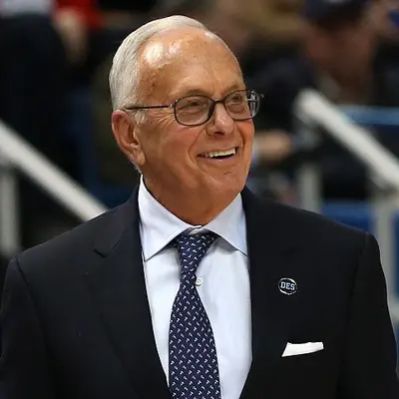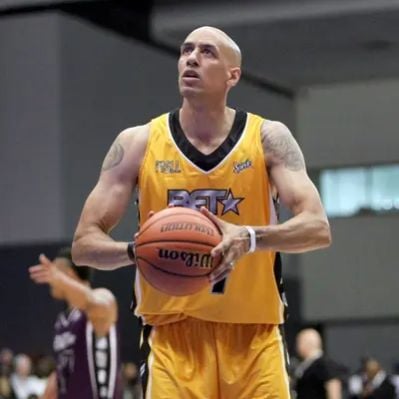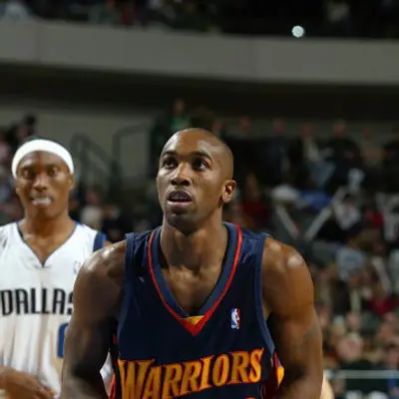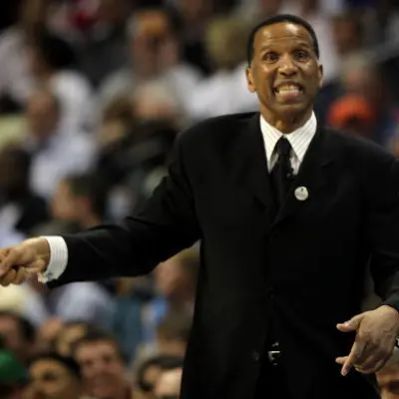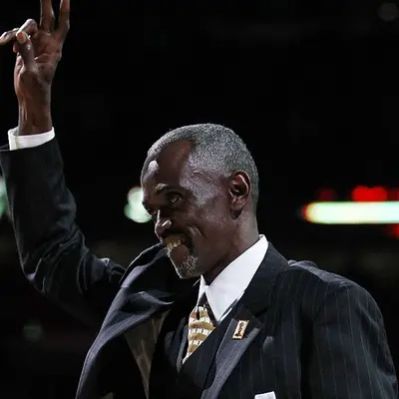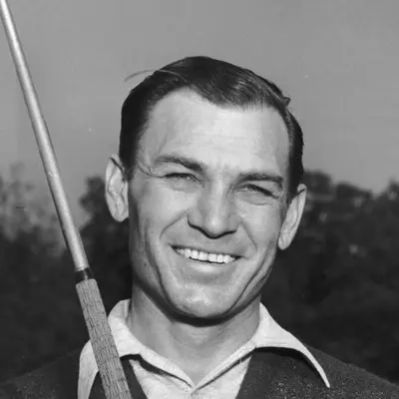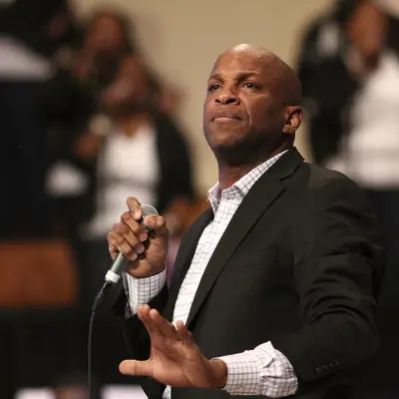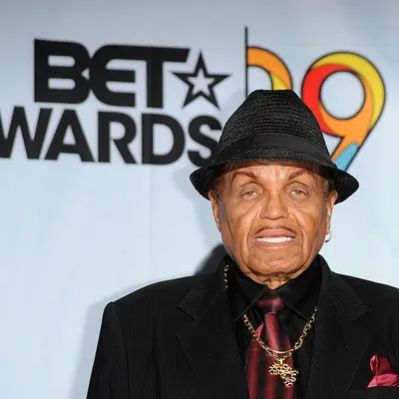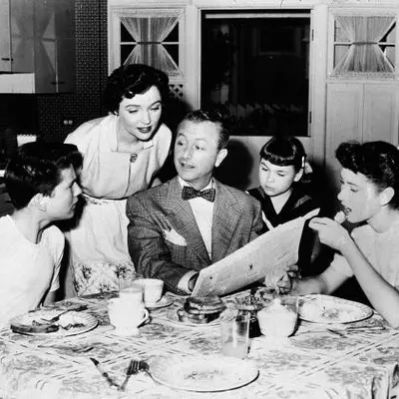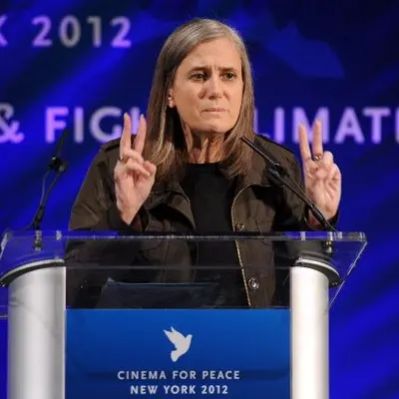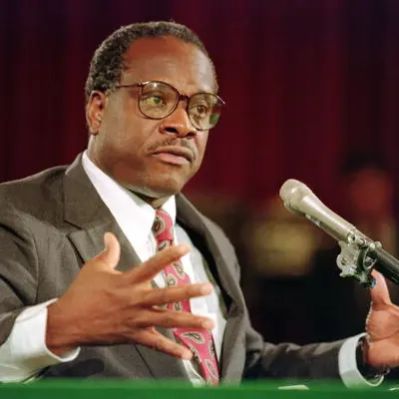What Is Larry Brown’s Net Worth?
Larry Brown, a prominent figure in American basketball as both a coach and former player, boasts a net worth of approximately $70 million. This substantial wealth is primarily attributed to his long and successful career in professional basketball, encompassing roles as a player and, more significantly, as a head coach in both the NBA and NCAA. His earnings are further supplemented by endorsements, investments, and other ventures accumulated over decades.
Larry Brown’s Career Earnings and Contract Details
Over his illustrious coaching career, Larry Brown has amassed earnings well exceeding $150 million when adjusted for inflation. This figure reflects the lucrative contracts he secured with various NBA teams. Notably, between 2003 and 2006, Brown earned a staggering $45.5 million from his tenures with the Detroit Pistons and the New York Knicks. This translates to approximately $187,000 per game coached during that period.
His stint with the New York Knicks, although brief, was particularly rewarding financially. Brown earned $28.5 million for coaching the Knicks for just 331 days. These figures highlight the significant financial compensation afforded to top-tier NBA coaches.
Specific contract details, such as performance-based bonuses or incentives, are not publicly available. However, it is common for coaching contracts to include clauses related to playoff appearances, championship wins, and other team achievements, which would further augment a coach’s earnings.
Early Life and Basketball Beginnings
Born on September 14, 1940, in Brooklyn, New York, Larry Brown’s journey to basketball prominence began in a modest environment. Growing up in a Jewish family with his older brother Herbert, Brown faced early adversity with the passing of his father, Milton, during his childhood. This experience shaped his resilience and determination, qualities that would later define his career.
As a teenager, Brown attended Long Beach High School, where he honed his skills as a point guard on the school’s basketball team. His performance earned him recognition as a promising young talent. He then pursued higher education at the University of North Carolina at Chapel Hill. There, he played for the Tar Heels basketball team under the tutelage of esteemed coaches Dean Smith and Frank McGuire. Brown’s time at UNC laid the foundation for his future success in the sport.
While specific details about his early earnings or financial background are not readily available, it is evident that Brown’s early life experiences instilled in him a strong work ethic and a passion for basketball.
Playing Career: From Olympics to ABA Stardom
Initially deemed too small to play in the NBA, Brown commenced his post-collegiate basketball career with the Akron Wingfoots of the National AAU Basketball League. He led the Wingfoots to the AAU National Championship. During this time, he earned a spot on the US men’s team at the 1964 Summer Olympics in Tokyo, where he secured a gold medal. This accomplishment marked a significant milestone in his early career and showcased his potential on the international stage.
After a stint as an assistant coach at UNC, Brown transitioned to the American Basketball Association (ABA). In the late 1960s and early 1970s, he played for various ABA teams, including the New Orleans Buccaneers, Oakland Oaks, Washington Caps, Virginia Squires, and Denver Rockets. By the end of his playing career, Brown held the distinction of being the all-time leader in assists in the ABA, with 2,509. His stellar performance earned him recognition as one of the league’s top players. He was an ABA Champion, a three-time ABA All-Star, an All-Star MVP, and an All-ABA Second Teamer.
Specific details regarding his player salaries during his ABA career are not publicly available. However, given his status as a key player and assist leader, it is reasonable to assume that he earned a competitive salary commensurate with his contributions to the league.
Coaching Career: NBA and NCAA Successes
Following a brief coaching stint at Davidson College in 1969, Larry Brown embarked on his professional coaching career in the ABA, leading the Carolina Cougars from 1972 to 1974. He then transitioned to the Denver Nuggets from 1974 to 1979. During this period, the team moved from the ABA to the NBA. Brown’s early coaching success laid the groundwork for his future achievements in the sport.
Brown returned to collegiate basketball in 1979 to coach for UCLA, where he remained through 1981. He then became the head coach for the NBA’s New Jersey Nets for two years. Returning again to college basketball, Brown began coaching for the University of Kansas in 1983. Coming in after two consecutive losing seasons for the Jayhawks, Brown turned the team’s fortunes around to post a 22-10 record in his first season as coach. He had even greater success the next season with a 35-4 record and an appearance in the Final Four. In the 1987-88 season, Brown led the Jayhawks to a series of NCAA upsets en route to the Championship title.
After his triumphant tenure at the University of Kansas, Brown returned to the NBA to coach for the San Antonio Spurs. He went on to lead the team to two consecutive Midwest Division titles; moreover, he brought the team from its worst record in franchise history to its best. Brown coached for the Spurs until his firing in early 1992. Less than a month after being fired by the Spurs, Brown became the head coach for the Los Angeles Clippers. As he had previously done with other teams, he revived the floundering Clippers and led them to their first winning season since the franchise came to Los Angeles. He also led the team to two straight playoff appearances before resigning in 1993. Brown subsequently coached for the Indiana Pacers, leading the team to its first two conference finals in history. After resigning in 1997, he became the head coach for the Philadelphia 76ers. In 2001, he led the 76ers to the NBA Finals. Brown resigned from the team in 2003. The following year, he began coaching for the Detroit Pistons; in his first season, he led the team to the NBA Championship title. Not long after that, as head coach of the US men’s basketball team at the Summer Olympics in Athens, he led the US to a bronze medal. The next summer, the Pistons bought out the remainder of Brown’s contract.
Throughout his coaching career, Brown has earned a reputation as a turnaround specialist. He has consistently taken struggling teams and transformed them into competitive contenders. His ability to motivate players, implement effective strategies, and build a winning culture has made him one of the most respected coaches in basketball history. He is the only coach in the history of the sport to win both NBA and NCAA titles, as well as the only coach to lead eight different NBA teams to the playoffs.
While specific salary details for each of his coaching positions are not available, it is evident that Brown commanded a substantial salary throughout his career. His proven track record of success and his reputation as a highly sought-after coach allowed him to negotiate lucrative contracts with various teams.
Coaching Career: Later Years and SMU Tenure
Brown next signed a five-year contract as head coach of the New York Knicks. During his season with the team in 2005-06, he recorded his 1,000th NBA win as coach. However, he also led the Knicks to a dismal 23-59 record, and drew ire for publicly sparring with many of his own players. As a result, Brown was fired after a single season. His next coaching gig was with the Charlotte Bobcats from 2008 to 2010. Notably, he led the team to its first-ever appearance in the playoffs. Brown left the Bobcats following a poor start to the 2010-11 season.
He subsequently became the head coach at Southern Methodist University (SMU), where he guided the Mustangs to their first NCAA Tournament appearance in over 20 years. However, he was suspended by the NCAA the following year for failing to report an academic fraud committed on behalf of one of his athletes. Brown resigned from SMU in 2016. Two years later, he coached the Italian basketball club Auxilium Torino, but was fired midseason due to a 5-19 record. Brown next became an assistant coach at the University of Memphis in 2021.
While his tenure at SMU was marred by controversy, it is worth noting that he earned a reported salary of $3 million per year, making him one of the highest-paid coaches in college basketball. His coaching record and reputation continued to command a premium, even in the later stages of his career.
Other Ventures and Investments
While the majority of Larry Brown’s net worth is derived from his basketball career, it is likely that he has also engaged in various investment and business ventures to further grow his wealth. Specific details regarding these ventures are not publicly available, but it is common for high-net-worth individuals to diversify their assets through investments in real estate, stocks, or other businesses.
It is also possible that Brown has earned income through endorsements or promotional appearances. His status as a basketball legend and his recognizable name and face would make him an attractive spokesperson for various products or services. The exact figures generated from these endeavors are not known.
Without access to Brown’s private financial records, it is impossible to provide a comprehensive breakdown of his investment portfolio or other income-generating activities.
Real Estate and Personal Assets
Information regarding Larry Brown’s real estate holdings and personal assets is limited. Public records do not readily reveal the specific addresses or details of his properties. It is possible that he owns multiple homes or investment properties, but these details are not publicly accessible.
Similarly, information about his ownership of private jets, luxury cars, or other high-value assets is not available. High-profile individuals often maintain a degree of privacy regarding their personal assets, and Brown is no exception.
Without access to private records, it is not possible to provide a comprehensive overview of Brown’s real estate holdings or personal assets.
 Net Worth Ranker
Net Worth Ranker
